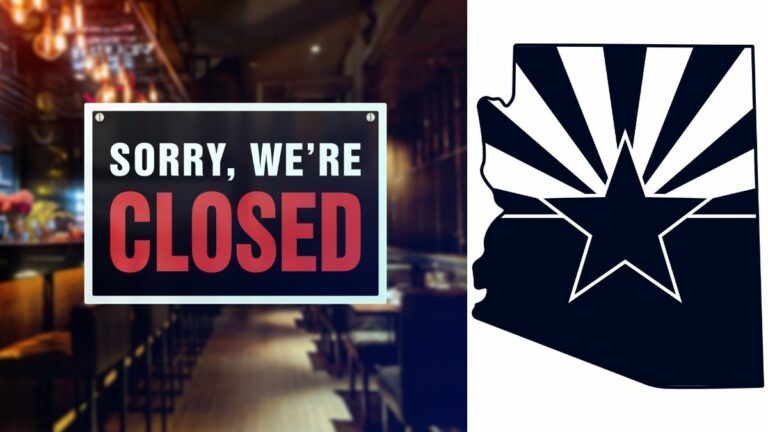
Curaçao-based operator Bovada, which serves many US customers in an unregulated, offshore capacity, has ceased taking players in Arizona following a cease-and-desist from the state regular. Arizona is now the 17th US state where Bovada is unavailable and its 12th market exit since May.
The Arizona Department of Gaming (ADG) announced that it had sent a cease and desist letter to Bovada on November 8, days after the operator exited Tennessee. ADG labeled Bovada a felony criminal enterprise and asked it to leave the state. The regulator accused Bovada’s owner, Harp Media B.V of violating three Arizona gaming laws:
- Promotion of Gambling (Felony) under Ariz. Rev. Stat. Ann. § 13-3303.
- Illegal Control of an Enterprise (Felony) under Ariz. Rev. Stat. Ann. § 13-2312.
- Money Laundering (Felony) under Ariz. Rev. Stat. Ann. § 13-2317.
In a press release, Jackie Johnson, Director of ADG, said:
We are actively monitoring the evolving landscape of online gaming and taking proactive steps like this helps us protect Arizona’s communities and economy from illegal activities. Our enforcement team is committed to preventing unauthorized operations from establishing a foothold here. Arizona will not be a safe haven for unlicensed or unlawful gaming, nor will we allow unlawful entities to compromise the integrity of gaming within our state.
As with other states, Bovada has complied with cease-and-desist letters and now lists Arizona as a restricted jurisdiction.
Offshore operators such as Bovada are illegal in the US. While they’re often advertised as legal, they don’t operate with US licenses (a Curaçao license in Bovada’s case) and don’t have to follow US laws. That makes them dangerous for US players as they can offer rigged games, steal personal information, or not pay out winnings.
Bovada Continues to Comply, Leave States
While illegal in the US, Bovada operated in all but five US states until May. That changed when the Michigan Gaming Control Board issued a cease-and-desist letter to Bovada, and the operator left the state a few weeks later. Michigan’s action set off a ripple effect, with 11 additional states following suit and ordering the offshore operator to cease operations. Bovada has complied with each cease-and-desist letter and now does not accept players from the following states:
- Arizona
- Colorado
- Connecticut
- Delaware
- District of Columbia
- Kansas
- Louisiana
- Maryland
- Massachusetts
- Michigan
- Nevada
- New Jersey
- New York
- Ohio
- Pennsylvania
- Tennessee
- West Virginia
Curaçao Takes Steps to Reform Its Gambling Industry
The small Caribbean island of Curaçao has become home to hundreds of offshore gambling sites, many operating with cryptocurrency. That is due to the country’s (part of the Kingdom of Netherlands) long-standing system under which the Ministry of Justice was in charge of licensing. It issued four 5-year master licenses, and the license holders then can sub-license to hundreds of other operators with little government oversight.
In recent years, international regulators, including those from Australia and Europe, have asked the country to address illegal operations. Last year, Curaçao established a gambling regulator, the Curaçao Gaming Control Board (GCB), and introduced a new regulatory framework, the National Ordinance for Games of Chance.
The new framework, which has not been fully implemented, aims to address issues such as transparency and eliminate the old sub-licensing structure. Under the new system, GCB issues licenses and regulates operators. In one recent move that could be seen as moving in the right direction, the GCB announced it intended to revoke the license of crypto-operator BC.Game. The regulator cited concerns regarding whether BC.Game is following regulations.
However, Curaçao’s gambling reforms have not been without controversy. Last month, local politician Luigi Faneyte filed a complaint with the Attorney General and accused the GCB and Finance Minister Javier Silvania of malpractice in the licensing process.





